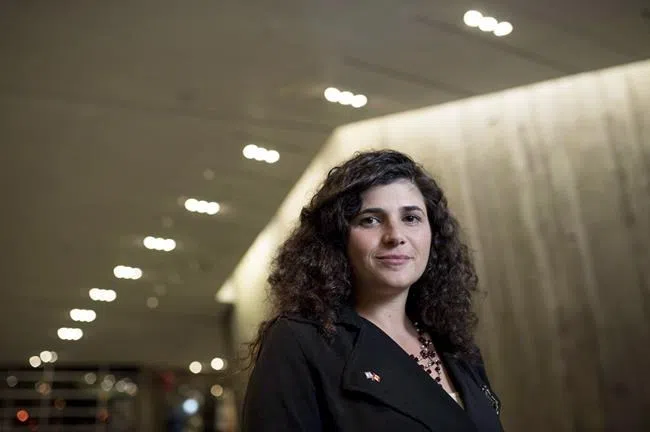
Cdn-born Israeli MP espouses gender equality, pro-pot and LGBTQ agenda
OTTAWA — In a year when the Harvey Weinstein scandal enabled women to uncloak years of unspoken sexual misconduct by prominent men, Toronto-born Sharren Haskel recalls the moment when she found her power.
She was 18, and had left home for the first time to start her mandatory service in the Israel Defence Forces. She worked alongside other men, learning how shoot, run, kick down doors, and push her mind and body past its limits.
“As much as we are trying to engineer our society to make it better for females … it’s probably impossible to engineer a world like that,” Haskel recalled on a recent trip to Ottawa for an international meeting of young parliamentarians.
“Those challenges are what made me what I am today — having to push through those boundaries, those walls that people put in front of you in life.”
